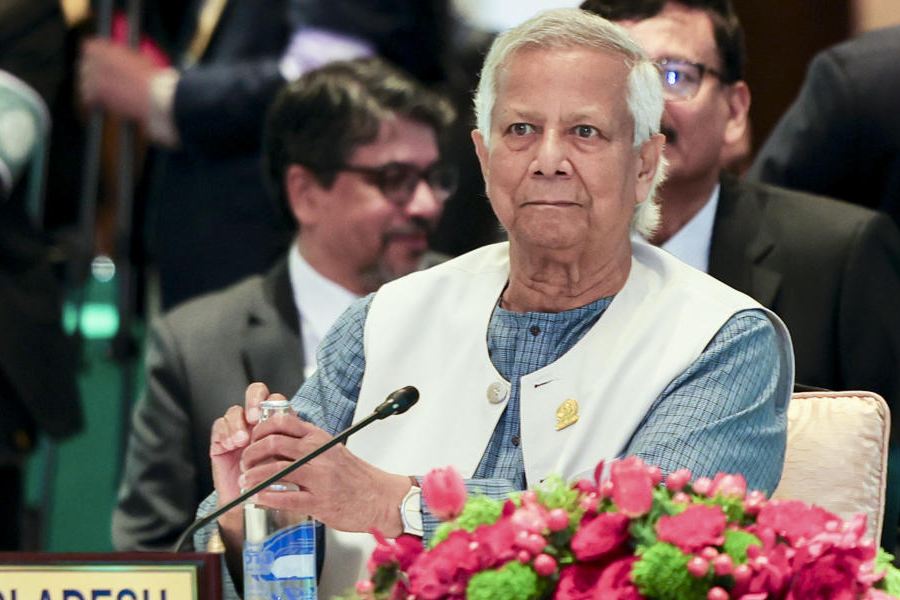 |
Patna, Dec. 31: When former chief minister Lalu Prasad started a weekly janata darbar at the CM’s office over 15 years ago, people flocked in large numbers from all corners with complaints. Some travelled over 400km (it was undivided Bihar then) to apprise him of the tubewell promised to them that had not been sunk, the red cards that had not been distributed, the old age pension that was elusive, the police did not register their cases and the accused were still roaming around free… The complaints were endless.
A decade on, Nitish Kumar revived the janata darbar after becoming the chief minister. People flocked to 1 Aney Marg again in large numbers with the same set of complaints. Five years down the line, the nature of complaints at his darbar has not changed. Everybody, irrespective of caste, creed, location or status, has been suffering in the hands of a corruption-ridden system, most of whose executors are inefficient, irresponsible and insensitive.
For getting a property registered or a caste certificate, greasing palms of people on the other side of the table is mandatory.
With Nitish declaring a war against corruption and promising to tighten the leash around bureaucracy, will 2011 be better? Will people not have to come to janata darbars to get a tubewell sunk in their village or to get a FIR lodged?
“We have asked officials right down to the block development officer to hold regular janata darbars. They are being monitored at the chief secretary-level. Hopefully, the footfall at janata darbars in Patna will decrease next year. People come to darbars in Patna because it is like filing an appeal directly in the Supreme Court. They come here because the chief minister and his cabinet colleagues are accessible,” said deputy chief minister Sushil Kumar Modi.
He insisted that 2011 will be a year of implementation of plans and it will be a much better year.
“There is no timeframe. The chief minister is monitoring the development of every department. The targets have been set,” he said.
Expectations are high now.
“The people will not be satisfied with distribution of cycles among girls, better roads and schools only; they will want livelihood and healthcare facilities. The difference between 2005 and 2010 is that the expectations of the people have doubled and it is focused on one man — Nitish Kumar, not his ministers or MLAs,” said renowned social scientist Sachin Narayan, who has been conducting a study on people’s expectations after the stunning win of Nitish.
He said if the chief minister is focused on improvement of delivery system, he is doing the right thing because that will fulfil the people’s expectation.
The best thing is that his victory in the polls has been so convincing that nobody is daring to oppose any of his steps, including the withdrawal of funds of legislators. Some of the legislators of his party spoke against it privately. That’s it.
“The second-term is Nitish’s real test. It is not for five years but for three years — till the next Lok Sabha polls. The fact remains that he has the mandate and he will have to deliver. This makes me believe that 2011 will be a better year for Bihar,” said Razi Ahmad, the secretary of the Gandhi Sangrahalaya.
“My only concern is inflation — high rise of prices of essential items. Otherwise, I am sure that in 2011 the effects of fight against corruption will be visible and so will be investments in industry, infrastructure and agriculture,” said former president of Bihar Chamber of Commerce P.K. Agarwal.
After the return of Nitish to power, talks about Patna having a Ganga drive and tube rail have resurfaced.
These claims in the past have been met with scepticism. But the end of 2010 saw hope and industrialists are talking about at least three multinational companies opening their manufacturing units in Bihar by the end of March. It is time for the state to move on, change for good.











